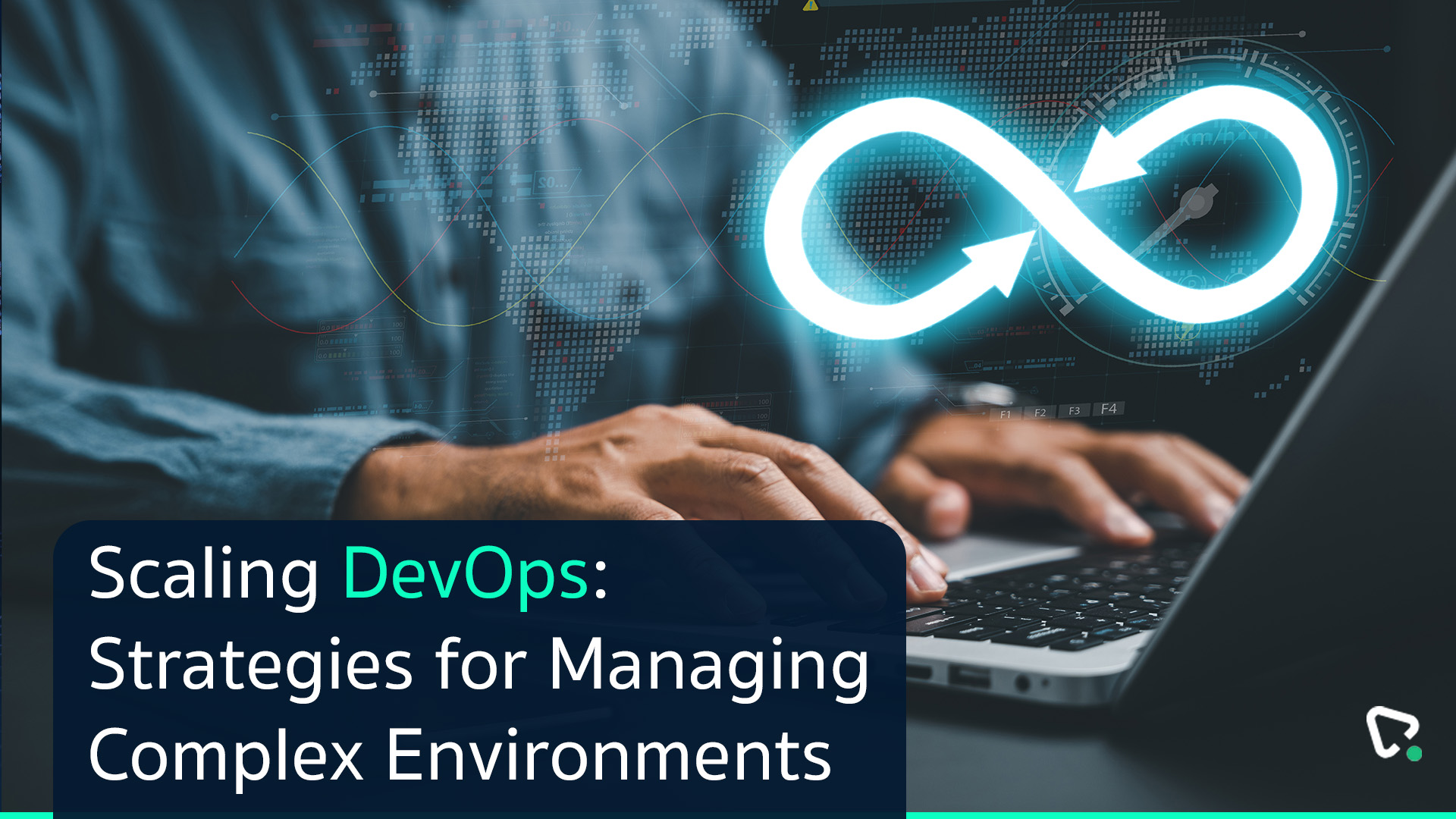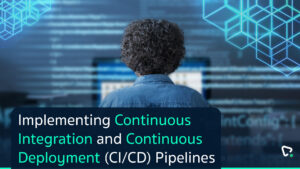As organizations grow and their software systems become more complex, scaling DevOps practices becomes crucial for maintaining efficiency and reliability. This blog post explores key strategies for scaling DevOps in complex environments, focusing on best practices that enable teams to manage large-scale systems effectively.
Key Strategies for Scaling DevOps
1. Embrace Agile Project Management
Agile methodologies are fundamental to scaling DevOps practices:
- Break large projects into smaller, manageable tasks
- Implement Scrum or Kanban frameworks for structured development
- Foster cross-functional collaboration and continuous improvement
2. Implement Robust CI/CD Pipelines
Continuous Integration and Continuous Delivery (CI/CD) are essential for scaling DevOps:
- Automate code integration, testing, and deployment processes
- Use tools like Jenkins, GitLab CI, or CircleCI for pipeline management
- Implement automated testing at every stage of the pipeline
3. Adopt Microservices Architecture
Microservices enable scalability and flexibility in complex environments:
- Break monolithic applications into smaller, independent services
- Enable teams to develop, test, and deploy services autonomously
- Improve fault isolation and system resilience
4. Leverage Container Orchestration
Containers and orchestration platforms are crucial for managing complex environments:
- Use Docker for containerization of applications and services
- Implement Kubernetes for automated container orchestration and scaling
- Ensure consistent deployment across diverse infrastructure
5. Implement Elastic Infrastructure
Scalable infrastructure is key to managing growing demands:
- Utilize cloud platforms like AWS, Azure, or Google Cloud for scalable resources
- Implement auto-scaling to handle varying workloads efficiently
- Use Infrastructure as Code (IaC) tools like Terraform for consistent provisioning
6. Enhance Performance Monitoring and Observability
Comprehensive monitoring is essential for managing complex systems:
- Implement tools like Prometheus and Grafana for real-time monitoring
- Use distributed tracing to understand system behavior and performance
- Establish clear Key Performance Indicators (KPIs) for system health
7. Streamline Configuration Management
Effective configuration management is crucial for consistency at scale:
- Use tools like Ansible or Puppet for automated configuration management
- Implement version control for all configuration files
- Ensure consistent environments across development, testing, and production
8. Prioritize Security and Compliance
Integrating security into the DevOps process (DevSecOps) is vital:
- Implement automated security testing in CI/CD pipelines
- Use tools for vulnerability scanning and compliance checking
- Foster a culture of security awareness across all teams
9. Foster a Culture of Continuous Learning
Scaling DevOps requires ongoing education and adaptation:
- Encourage knowledge sharing and cross-training among team members
- Regularly review and update processes based on lessons learned
- Invest in training and certifications for team members
Implementing Scalable DevOps Practices
To successfully implement these strategies, consider the following steps:
- Assess Current State: Evaluate existing processes, tools, and team structures.
- Define Clear Objectives: Set specific goals for scaling DevOps practices.
- Start Small: Begin with pilot projects to test and refine strategies.
- Invest in Tools: Choose and implement tools that support scalability.
- Focus on Automation: Automate repetitive tasks to improve efficiency.
- Measure and Iterate: Continuously monitor progress and adjust strategies as needed.
Conclusion
Scaling DevOps in complex environments requires a multifaceted approach that combines technological solutions with cultural changes. By embracing agile methodologies, implementing robust CI/CD pipelines, adopting microservices architecture, and leveraging container orchestration, organizations can build scalable and efficient DevOps practices.
Remember, scaling DevOps is an ongoing process that requires continuous learning and adaptation. By focusing on these key strategies and fostering a culture of collaboration and innovation, organizations can successfully manage complex environments and drive continuous improvement in their software delivery processes.




